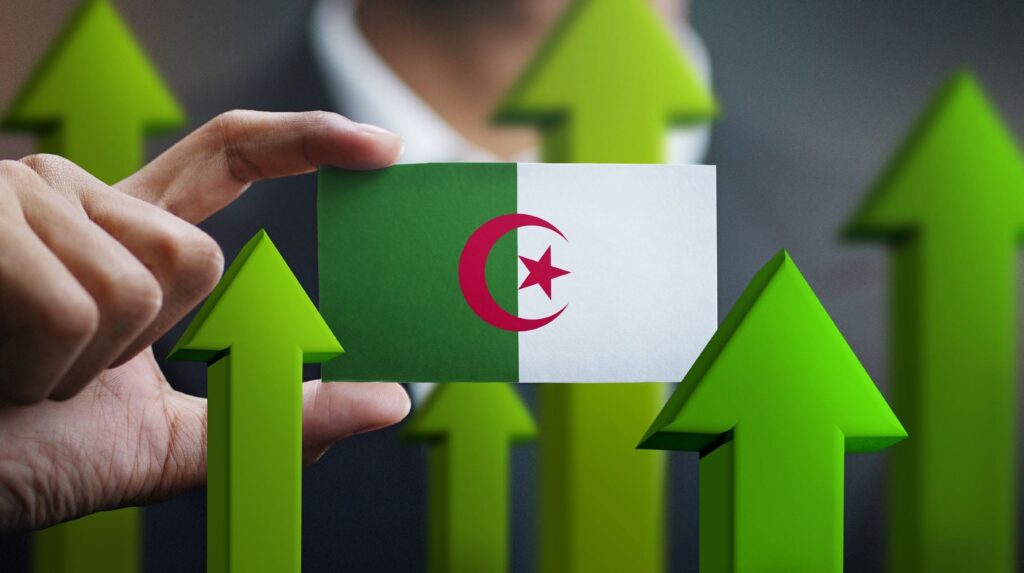
Algeria’s central bank has announced a sharp and troubling decline in its foreign exchange reserves, which have dropped to $39.6 billion at the end of June 2025, down from $51.4 billion just six months earlier.
This marks the lowest level of reserves since 2018, triggering renewed concerns over the country’s financial stability.
According to the Bank of Algeria’s biannual report, the dramatic fall stems from a combination of falling hydrocarbon revenues, surging imports—particularly in the food sector—and the ongoing depreciation of the Algerian dinar.
The drought-affected agricultural season, coupled with soaring international prices for wheat and powdered milk, has only exacerbated the situation.
The Central Bank noted that the current reserves would cover just 13 months of imports, underlining the “structural fragility” of the Algerian economic model.
In response, it urged the government to accelerate economic diversification, boost non-hydrocarbon exports, and cut down on unproductive public spending.
The dinar has continued its downward trajectory, averaging 149.8 to the dollar during the first half of the year.
Central Bank Governor Salah Eddine Taleb hinted that an adjustment of the official exchange rate may be considered if the current trend continues. However, he ruled out, for now, any recourse to assistance from the International Monetary Fund.
In an attempt to stabilize markets, the Algerian government issued 150 billion dinars in Treasury bonds. But investor confidence remains fragile, as critics argue that the government has yet to present a clear and actionable industrial policy to support long-term economic recovery.
With global oil prices fluctuating between $72 and $78 per barrel, Algiers is placing its hopes on increased gas exports—especially from the Reggane Nord project—and a recent agreement with Italy.
Nonetheless, economists warn that unless sweeping reforms are implemented, Algeria may face another severe financial crisis before the end of the decade.



